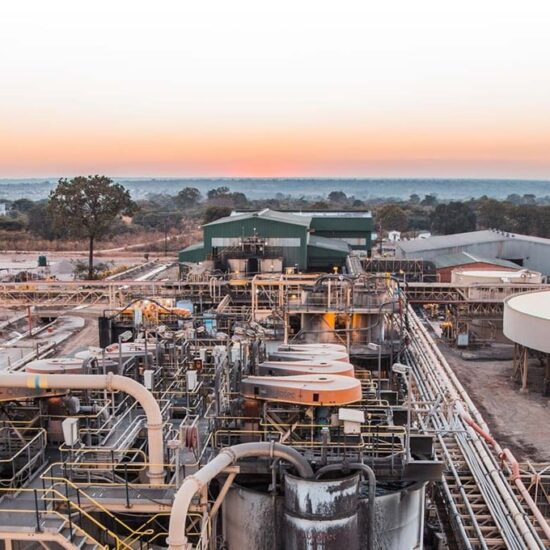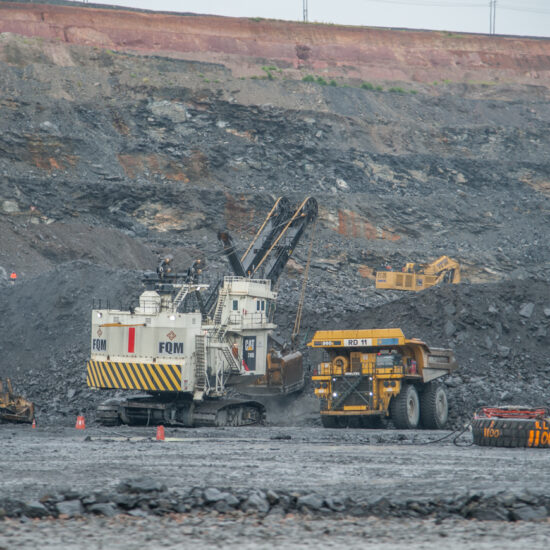
The Jesuit Centre for Theological Reflection – JCTR has urged government to reinstate the mining revenue sharing mechanism in form of Local Authority Development fund for the benefit of the local authorities and ultimately the communities hosting the mining firms.
JCTR Programmes Officer Innocent Ndashe has told the Zambian Business Times – ZBT in an interview that it is only rational for the country to develop a dedicated mechanism to make use of mining revenues from finite resources, considering they form part of the nation’s subsoil capital wealth.
The Centre’s concern is in response to the mechanism’s absence in the 2020 budget and a statement issued in parliament by Minister of Finance Dr. Bwalya Ngandu, where he stated that the Mineral Revenue Sharing Mechanism will not be included in the 2020 budget as aspects of sharing revenue with mine host communities form part of the Local Government Equalization Fund.
Ndashe has since explained that it is worth noting that the Local Government Equalization Fund does not take into consideration parameters of loss of livelihood and environmental degradation in allocating resources to local authorities.
“We demand for the reinstatement of the Mineral Revenue Sharing Mechanism, as we believe that its relevant in safeguarding the livelihoods and mitigating impacts of environmental degradation in mine host communities,” he said.
Ndashe further said that there is need to ensure that, in the absence of the Mineral Revenue Sharing Mechanism, local authorities hosting mining activities are allocated a reasonable potion of their budget towards community development and environmental related programs to mitigate the effects of mining.
The Minister of Finance is however expected to amend proposed 2020 budget by including strategies for investing windfall earnings and mineral rent into sovereign wealth funds including economic stabilization funds.
A desktop research done by ZBT indicates that mine host communities from known areas like Kalumbila district in Northwestern Province and some parts of the Copperbelt province have been raising concerns of not benefiting from the mining activities in the areas despite investors encroaching part of their land which has originally been used for agriculture and other natural economic uses.
It is expected that investors that plan to invest in communities around the country consider developing the areas by way of creating job opportunities for the labor. The corporate social responsibility that is currently availed is welcome but should be done within agreed parameters with the affected communities.







